Ukrainian President Volodymyr Zelenskyy said Friday that it would be “very, very, very difficult” for Ukraine to survive without U.S. military support, both now as it tries to repel Russia’s invasion and in the future after the war ends.
“Probably it will be very, very, very difficult. And of course, in all the difficult situations, you have a chance,” Zelenskyy told NBC News’ “Meet the Press” on the sidelines of the Munich Security Conference. “But we will have low chance, low chance, to survive without support of the United States. I think it’s very important, critical.”
“I don’t want to think about” fighting against Russia without American support, Zelenskyy told “Meet the Press” moderator Kristen Welker.
“I don’t want to think that we will not be strategic partners,” he added.
The Ukrainian president also spoke about his concern that Ukraine would be vulnerable to another major attack by Russia in the future if the U.S. does not continue providing military support.
Zelenskyy said that Russian President Vladimir Putin wants to come to the negotiating table not to end the war but to get a ceasefire deal that would lift certain international sanctions on Russia and would allow its military to regroup.
“This is really what he wants. He wants pause, prepare, train, take off some sanctions, because of ceasefire and et cetera,” Zelenskyy said.
Zelenskyy’s comments came during a fractious summit in Germany, where Vice President JD Vance criticized European leaders on a host of issues unrelated to Russia’s invasion of Ukraine, including failing to stand up for “values shared with the United States of America.”
German President Frank-Walter Steinmeier presented his own unvarnished view in response, saying that the Trump administration had “no regard for established rules, partnership and grown trust.”
The widening gulf between Europe and the United States comes at an especially delicate time for Zelenskyy and an exhausted and depleted Ukraine. While the war appears to have descended into a quagmire, Russian forces have been making slow if painful progress. Russia controls some 20% of the country, which is in dire need of weapons and soldiers.
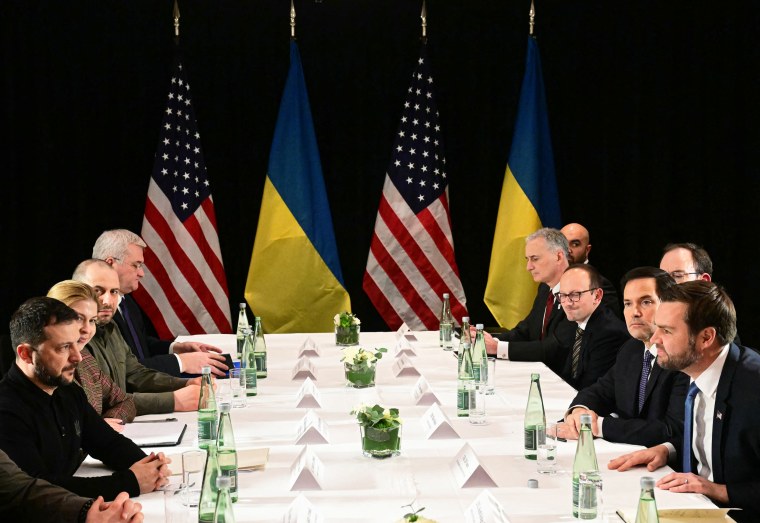
Ukraine and its supporters always knew that the incoming White House would take a vastly different tack from former President Joe Biden, who backed Ukrainian victory while sometimes not giving Kyiv all the weapons it wanted in its fight against Russia.
But the words and actions of Trump and his surrogates this week have stunned and even appalled many in Europe, where it’s widely held that it is not in the West’s interest to not hand Russia a win in Ukraine.
Vance’s speech felt like he was trying “to pick a fight with us, and we don’t want to a pick a fight with our friends,” E.U. foreign policy chief Kaja Kallas said at the Munich summit.
But officials and experts fear Trump risks doing just that, with the president this week appearing to prioritize Putin over Zelenskyy or European allies in any potential peace talks. Trump’s administration also floated major concessions to Putin — including giveaways on Ukrainian territory and dismissing any hope that it may join NATO.
Zelenskyy has kept a brave face, but has little choice to do otherwise, some observers say. He recently told The Economist that he did not believe the U.S. had a “ready plan” for peace, while remaining adamant he would reject any agreement negotiated between Washington and Moscow without his involvement.
Trump “is a strong man,” the Ukrainian leader said Friday during a panel discussion at the conference with U.S. senators. “And if he will choose our side, and if he will not be in the middle, I think he will pressure and he will push Putin to stop the war. He can do it.”
Though Trump signaled little for Ukraine in return, Vance offered some succor to Kyiv and its European neighbors, suggesting in an interview with The Wall Street Journal that Moscow could face sanctions and other penalties.
“There are economic tools of leverage, there are of course military tools of leverage,” Vance told the newspaper. “There are any number of formulations, of configurations, but we do care about Ukraine having sovereign independence.”
Europe is not just worried about Ukraine but fears what Putin might do next if he’s seen to be rewarded after his invasion there. European intelligence agencies say Russia could attack a NATO ally in the next five years if it believes the alliance has been weakened — as Trump is often accused of doing.
Russia’s three-year-old invasion is the bloodiest European conflict since World War II, reviving scenes of trench warfare and tank battles that some scholars believed were consigned to history. As many as 1 million people have died, according to NATO estimates, including hundreds of thousands of both Ukrainian and Russian soldiers.
The alliance believes an average of 10,000 people have been killed or injured every week in the frigid, cratered fields of eastern Ukraine.

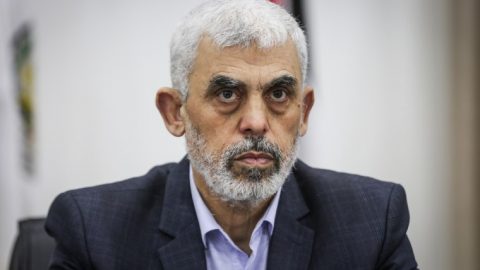
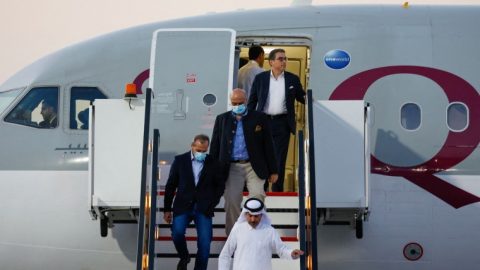
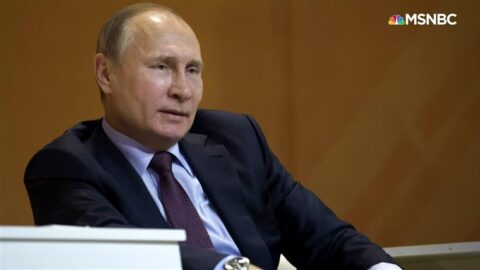

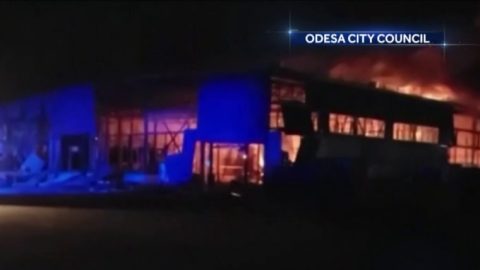
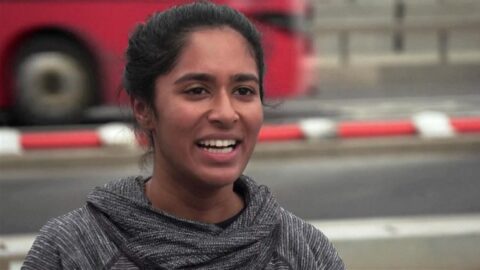
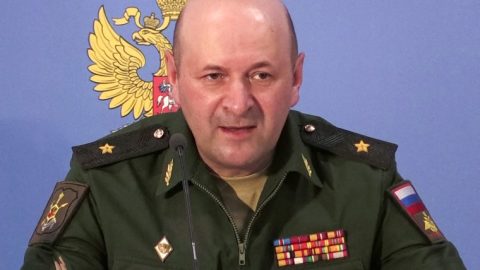
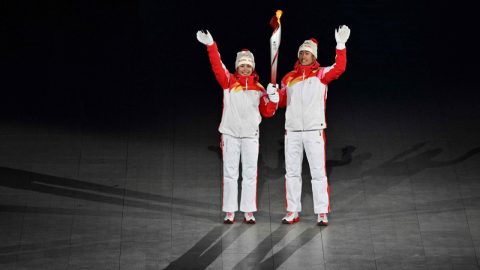
Recent Comments